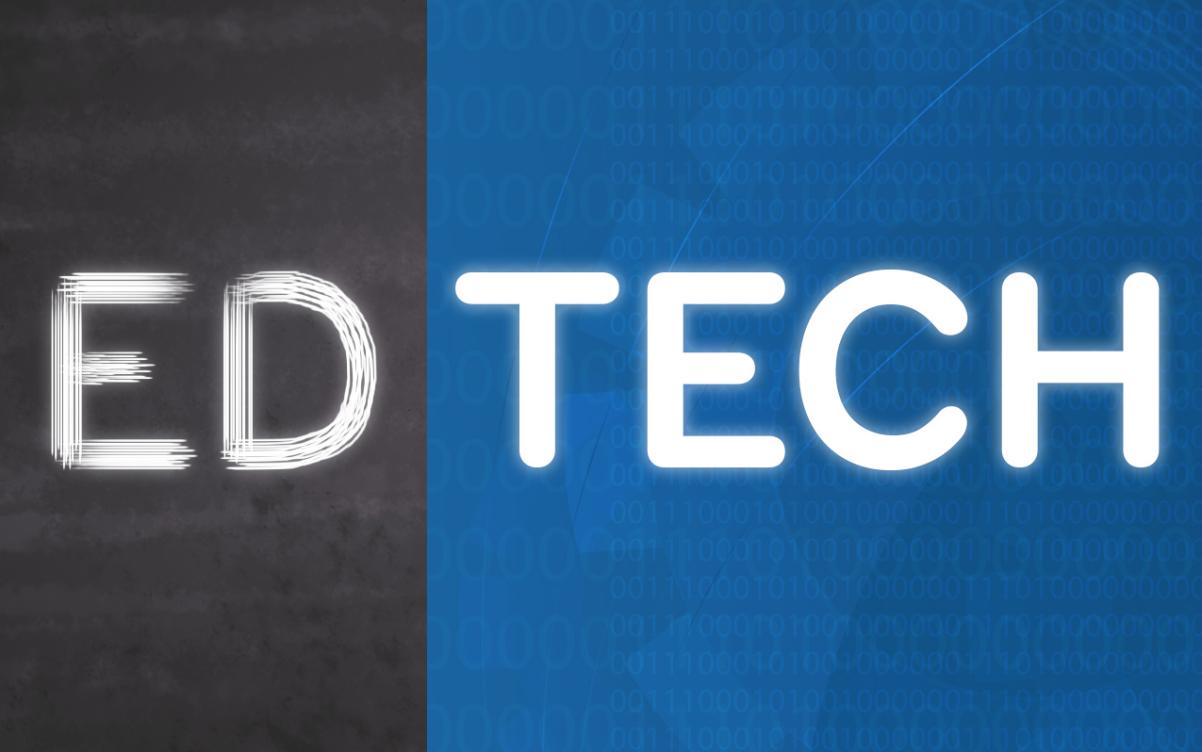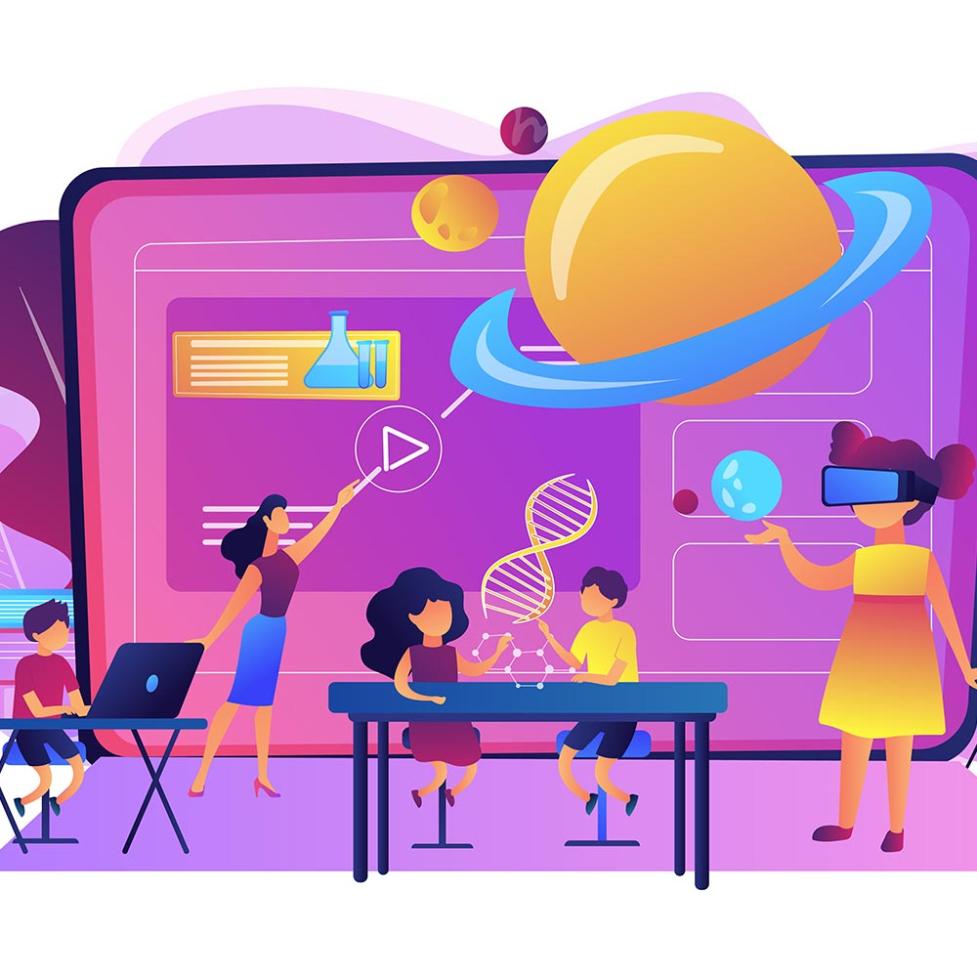The Impact of AI on Personalized Learning in the UAE: A Case Study
In today's rapidly evolving educational landscape, personalized learning has emerged as a transformative approach that caters to the unique needs and learning styles of each student. This article delves into the impact of Artificial Intelligence (AI) on personalized learning in the United Arab Emirates (UAE), a nation at the forefront of innovation and technology integration in education.

I. The UAE's Educational Landscape And AI Integration
The UAE boasts a robust education system characterized by a strong emphasis on innovation and technology integration. The government has implemented several initiatives and policies to promote AI adoption in education, recognizing its potential to revolutionize teaching and learning practices.
- The UAE's Ministry of Education has launched the "AI Strategy for Education," which aims to integrate AI into all aspects of the educational system.
- The government has invested heavily in AI research and development, establishing partnerships with leading universities and technology companies.
- Several AI-powered educational platforms and tools have been introduced in the UAE, empowering teachers and students with cutting-edge learning technologies.
II. AI-Driven Personalized Learning In The UAE: Benefits And Success Stories
The integration of AI in the UAE's education system has yielded significant benefits for students and teachers alike, leading to improved learning outcomes and enhanced teaching practices.
Improved Student Outcomes:
- Personalized Learning Plans: AI algorithms analyze individual student data to create tailored learning plans that address their specific needs and learning styles.
- Enhanced Engagement: Interactive and adaptive content powered by AI captivates students' attention, boosting engagement and motivation.
- Increased Knowledge Retention: AI-driven learning platforms provide real-time feedback and reinforcement, facilitating deeper understanding and knowledge retention.
- Improved Academic Performance: The use of AI in personalized learning has resulted in higher test scores and improved academic performance among students.
Enhanced Teaching Practices:
- Teacher Empowerment: AI-powered tools assist teachers in identifying student strengths and weaknesses, enabling them to provide targeted support.
- Real-Time Feedback: AI algorithms analyze student progress and provide real-time feedback, helping teachers adjust their teaching strategies accordingly.
- Automation of Administrative Tasks: AI automates administrative tasks such as grading and data entry, freeing up teachers to focus on student engagement and instruction.
- Collaboration and Knowledge Sharing: AI platforms facilitate collaboration and knowledge sharing among teachers, fostering a community of continuous learning and improvement.
III. Challenges And Considerations
While AI holds immense promise for personalized learning, it also presents certain challenges that need to be addressed.
Ethical and Privacy Concerns:
- Data Privacy and Security: Ensuring the privacy and security of student data is paramount, requiring robust data protection measures and ethical guidelines.
- Bias in AI Algorithms: AI algorithms must be carefully designed and monitored to avoid potential biases that could impact student outcomes.
- Ethical Considerations: The use of AI in decision-making processes raises ethical considerations, requiring careful evaluation and oversight.
Teacher Training and Reskilling:
- Equipping Teachers with AI Skills: Teachers need to be equipped with the necessary skills and knowledge to effectively use AI tools in the classroom.
- Ongoing Professional Development: Continuous professional development opportunities are essential for teachers to stay updated with the latest AI advancements and best practices.
Infrastructure and Connectivity:
- Equitable Access to Technology: Ensuring equitable access to technology and reliable internet connectivity is crucial for all students to benefit from AI-driven personalized learning.
- Addressing the Digital Divide: Addressing the digital divide and providing support for students from disadvantaged backgrounds is essential for inclusive and equitable education.

The integration of AI in personalized learning in the UAE has revolutionized the educational landscape, leading to improved student outcomes and enhanced teaching practices. While challenges remain, ongoing research and collaboration are key to addressing these challenges and maximizing the benefits of AI in education.
As AI continues to evolve, its potential to further transform personalized learning in the UAE and beyond is immense. By embracing AI responsibly and ethically, we can create a future where every student has the opportunity to reach their full potential.

YesNo

Leave a Reply